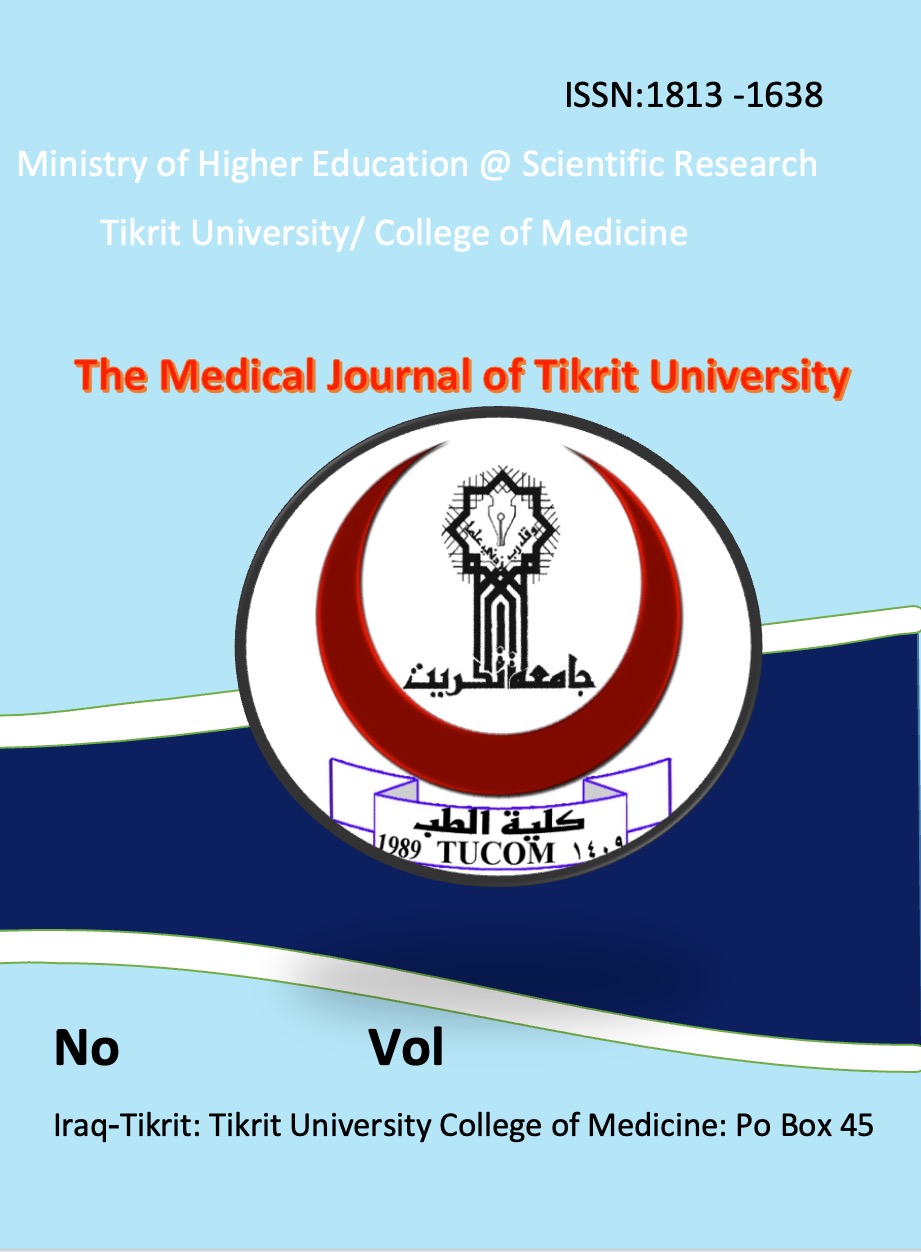Abstract
Effective control of pathogenic bacteria and dental plaque is key to the prevention and treatment of
Dental caries. Worldwide, hundreds of plants are used in traditional medicine as treatment for bacterial
infections. Since the discovery of S. mutans as an etiological agent of dental caries, much attention was
and vaccine preparation. The antimicrobial activities of 4 traditional plant extract against Streptococcus
mutans by agar diffusion methods were tested. The results of the present study showed that alcohol &
aqueous extract of green tea had antimicrobial activity against Streptococcus mutans. This indicates the
presence of potent antibacterial activity, which confirms its use as antibacterial agents. Both the ethanol and
water extract of green tea and clove produced inhibitory actions against Streptococcus mutans, but the zones
of inhibition of alcohol extract were less than aqueous extract. This tends to show that the active ingredients
in the leaves were better extracted with ethanol than water. The alcohol and aqueous extracts of the four
plants used in the present study have antibacterial activity against S. mutans, therefore, can be used in mouth
rinses and toothpastes and can be beneficial in controlling dental caries.
Dental caries. Worldwide, hundreds of plants are used in traditional medicine as treatment for bacterial
infections. Since the discovery of S. mutans as an etiological agent of dental caries, much attention was
and vaccine preparation. The antimicrobial activities of 4 traditional plant extract against Streptococcus
mutans by agar diffusion methods were tested. The results of the present study showed that alcohol &
aqueous extract of green tea had antimicrobial activity against Streptococcus mutans. This indicates the
presence of potent antibacterial activity, which confirms its use as antibacterial agents. Both the ethanol and
water extract of green tea and clove produced inhibitory actions against Streptococcus mutans, but the zones
of inhibition of alcohol extract were less than aqueous extract. This tends to show that the active ingredients
in the leaves were better extracted with ethanol than water. The alcohol and aqueous extracts of the four
plants used in the present study have antibacterial activity against S. mutans, therefore, can be used in mouth
rinses and toothpastes and can be beneficial in controlling dental caries.
